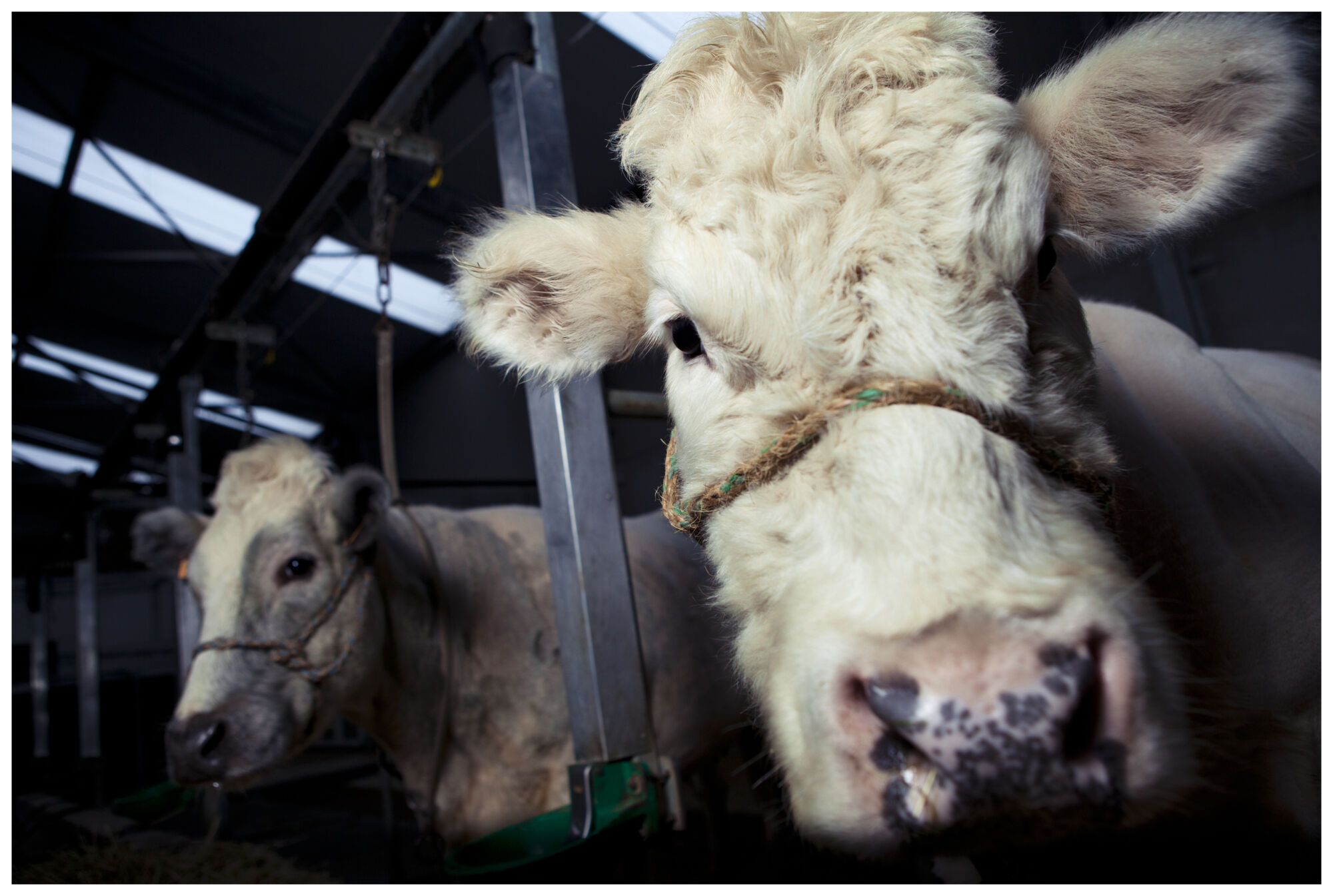Milk contains calcium, vitamin B2 and vitamin B12. So drinking milk is healthy, but it does have a downside: producing one litre of cow’s milk produces 3.2 kg of CO2 emissions. Moreover, each cow emits about 334 grams of methane per day. Methane is as much as 34 times stronger than CO2, accounting for 20% of the total greenhouse gas effect. The gas is created during the digestion process of grass in the cow’s rumen.
So if we want to continue producing milk in a sustainable way, something must be done about methane emissions from farms. Today, there are no feasible technical solutions for methane reduction. Such a solution must be efficient, but just as importantly, affordable for farmers. The University of Antwerp and Maastricht University – both YERUN partners – have therefore joined forces.
Plasma technology
In the CANMILK project, they will work on a technology that is both easy to use and low-maintenance to achieve carbon-neutral milk production. The project started in 2022 and runs until 2026, receiving European funding through Horizon Europe – Climate, Energy and Mobility.
‘We will use a plasma,’ explains Professor Annemie Bogaerts (Department of Chemistry, UAntwerp). ‘The work focuses on methane activation by reactive oxygen or hydrogen particles formed in plasma which enable the decomposition of methane using catalysts under mild conditions.’
Simple and efficient
The scientists hope to develop simple and efficient equipment for methane control in dairy and beef cattle farms. Bogaerts says: ‘We hope the CANMILK technology will be able to convert 90% of the methane. If every barn in Europe is equipped with our technology, it would lead to a total greenhouse gas reduction of around 140 megatons per year.’
Doing so means that the Horizon Europe project will have hugely positive impacts on farmers, rural communities, consumers and industry in Europe, making a massive contribution to the transformation to a more carbon-neutral, sustainable economy.










